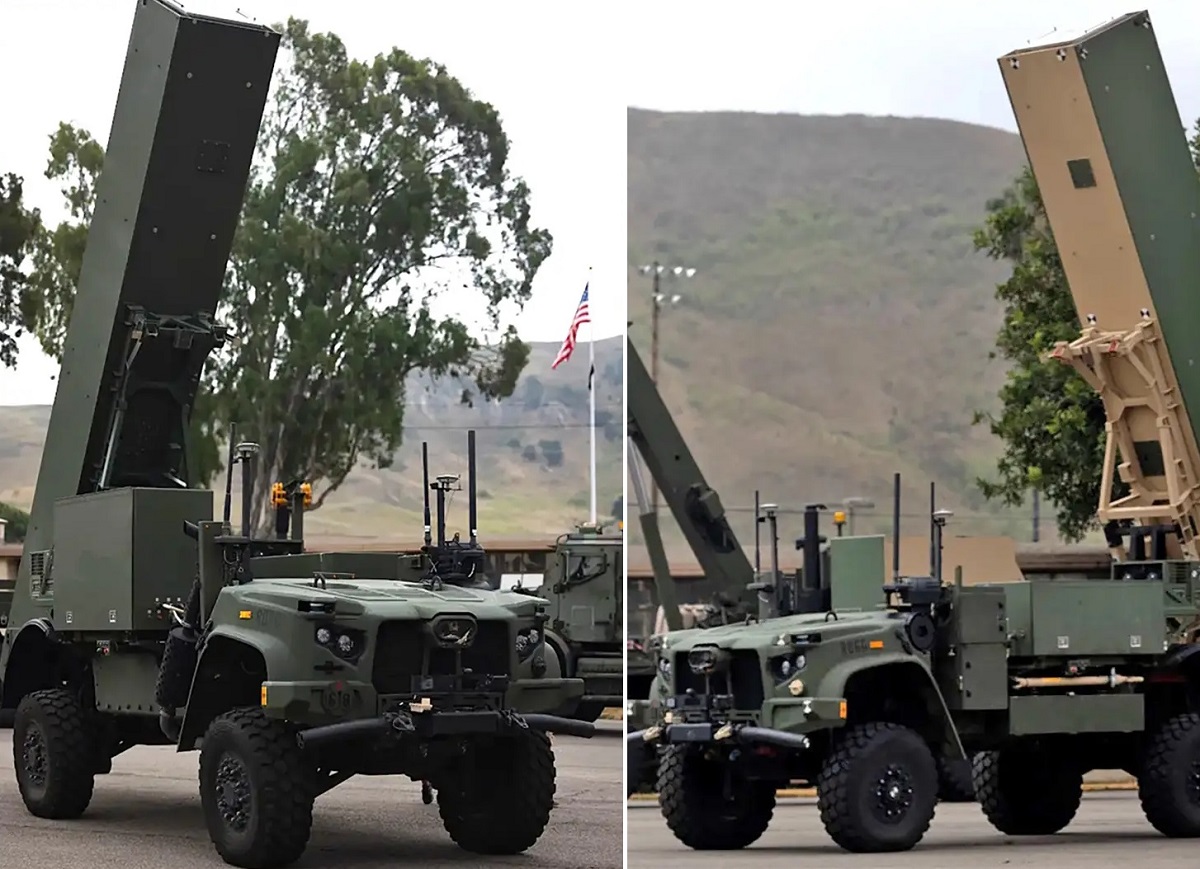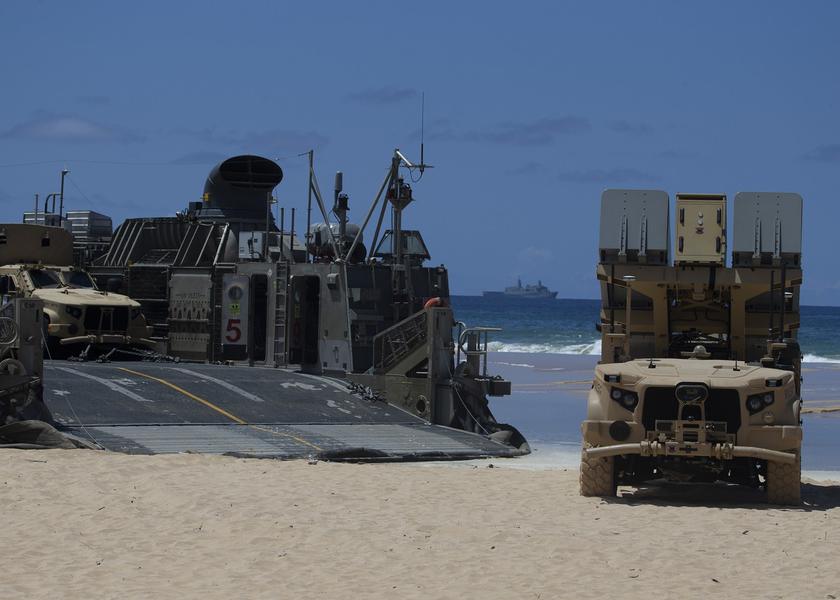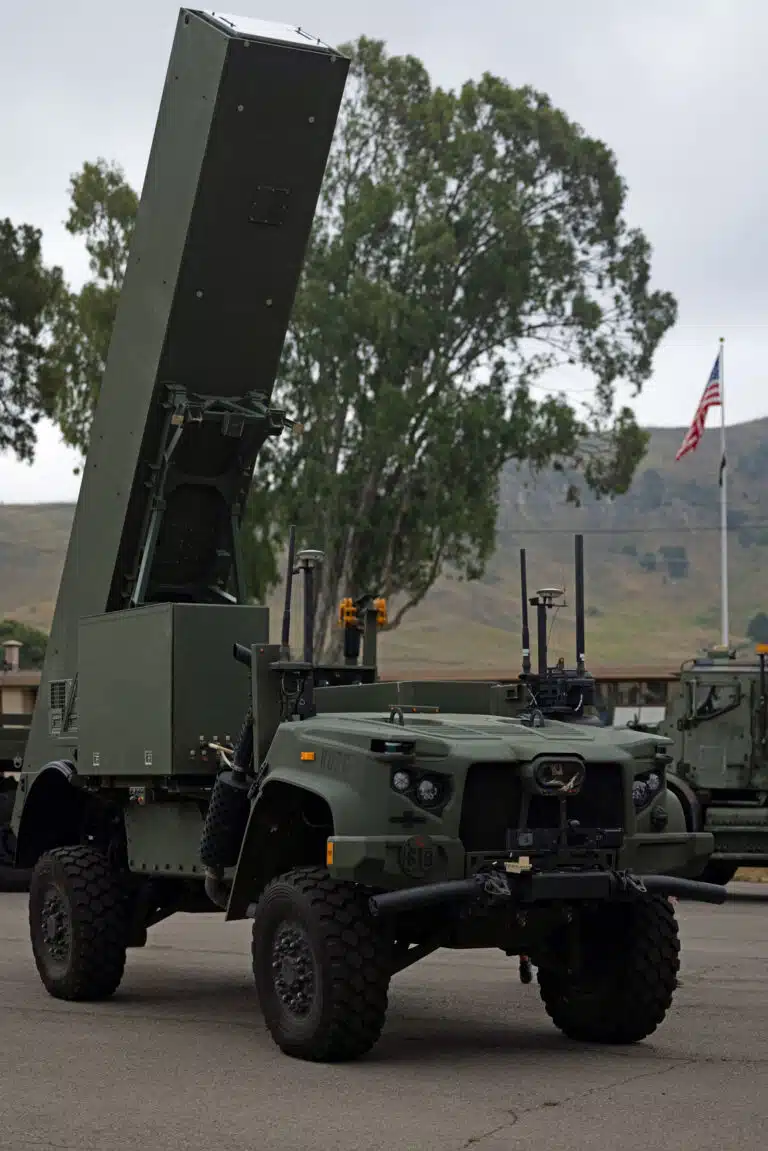The US Marine Corps created the LRFL unmanned launcher with the Tomahawk cruise missile, inspired by the success of the NMESIS system with the Naval Strike Missile

The US Marine Corps is arming itself with unmanned systems capable of striking cruise and anti-ship missiles. The service recently announced a NMESIS-based launcher.
Here's What We Know
The system has been named the Long Range Fires Launcher (LRFL). Thus, the U.S. Marine Corps has adopted long-range land-based missiles for the first time in three decades.
As it turns out, the LRFL was prompted by the success of the NMESIS system (pictured below) for NSM (Naval Strike Missile) anti-ship missiles. The ROGUE unmanned vehicle, which is based on the JLTV, is also used as a chassis.

In addition, the military did not reinvent the wheel and used a Mark 41 vertical launch system cell as a launcher. It did not do without modifications. LRFL can only launch Tomahawk cruise missiles, while the Mark 41 can shoot down air threats with SM-6 anti-aircraft missiles.
By the way, in the Typhon system, the US Marine Corps did not limit itself. There, the launcher can use both Tomahawk cruise missiles and SM-6 anti-aircraft missiles.
The LRFL with a single launch container looks a bit odd and clunky. Nevertheless, there should be no problems with transportability. The service says the unmanned launcher fits into C-130 military transport aircraft.

In the photo above, you can see the large unit. It contains the hardware needed to initiate the remote launch of Tomahawk cruise missiles. More information about the LRFL is not yet available.
Source: Naval News